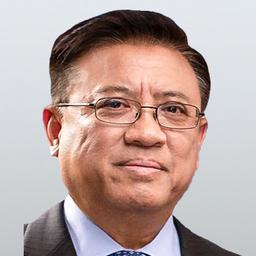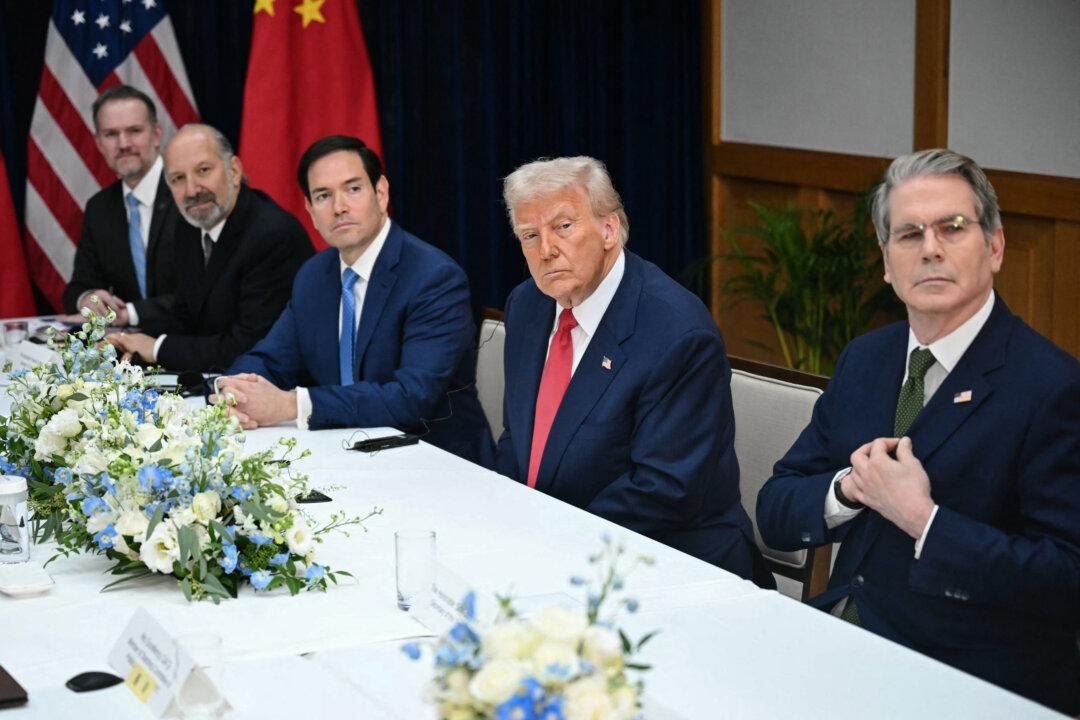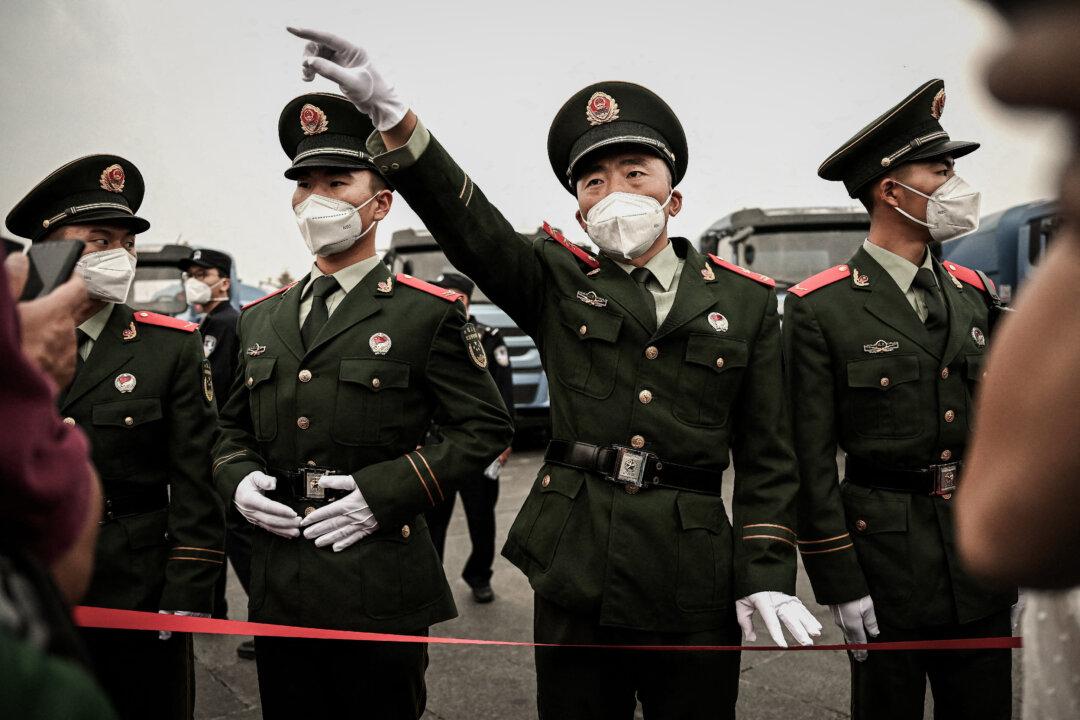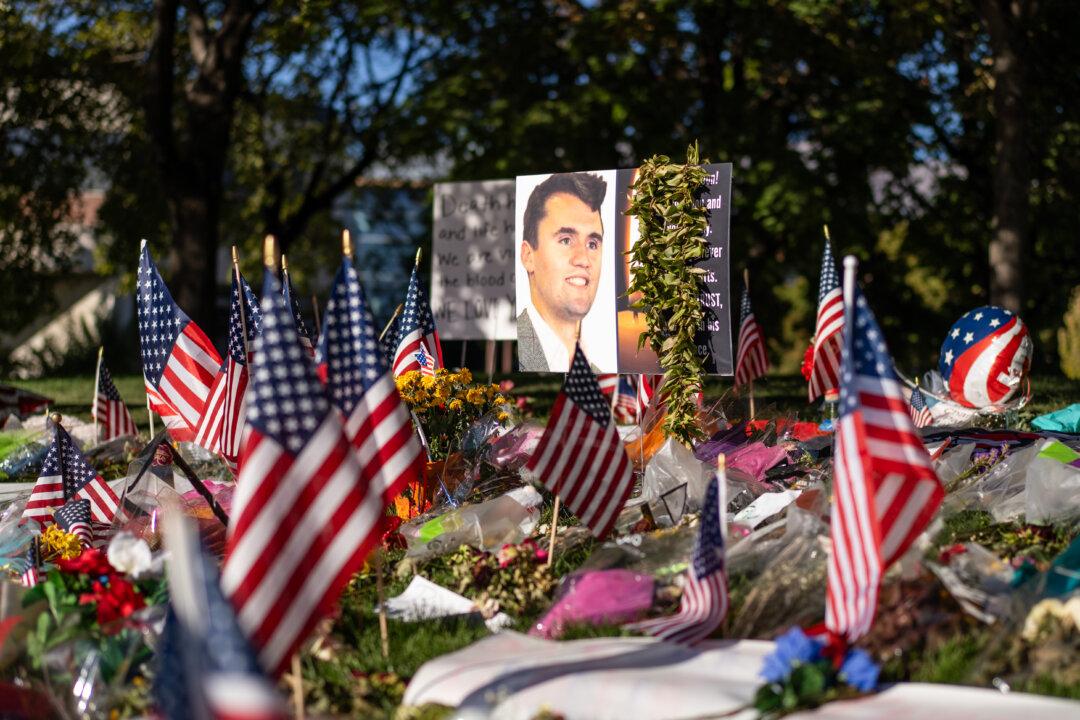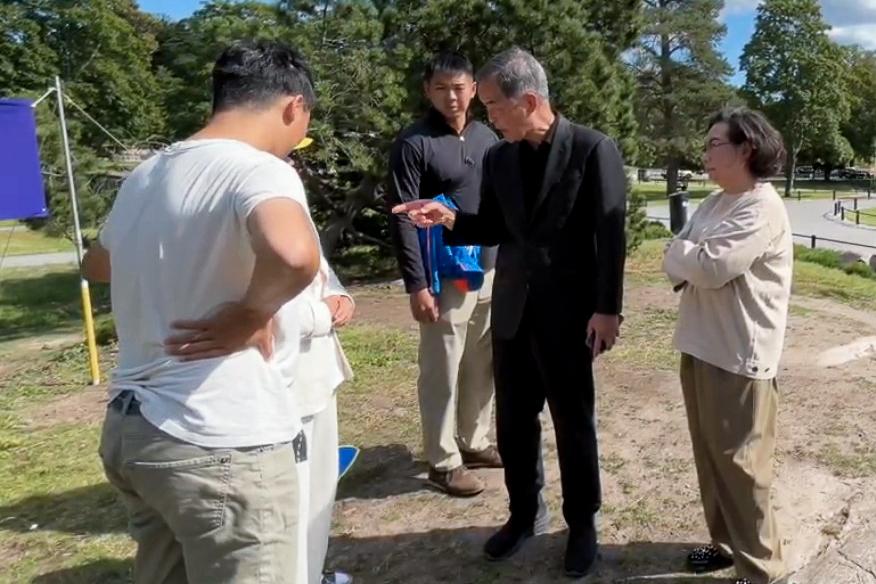When the Harvard Model United Nations (HMUN) prepared for its annual meeting, the organizers didn’t expect any trouble. Well, they should have expected some trouble because the dialogs and debates imitate the real U.N., which has many conflicts.
Trouble came, though, when an instructor of the Chinese delegation saw that the program listed Taiwan as a country. He protested. The protest was not necessary, but it is understandable—he is supposed to represent China’s policy.
What was unacceptable is that the instructor, together with some teachers, rejected HUMN’s explanation for why the program couldn’t be reprinted by the secretary-general of HMUN. There was an issue of copyright, but for the Chinese delegates, the copyright was not relevant. And they rejected the offer of applying a sticker printed with “countries and regions” to cover the word “countries.”
I don’t think the facts justified the instructor’s anger. What is the real nature of the Taiwan issue? The official statement of People’s Republic of China (PRC) is this: “There is only one China in the world. Taiwan is a part of China, and the government of the PRC is the sole legal government representing the whole of China.”
Actually, those are different issues. For the first part, since the United Nations transferred the seat from the Republic of China (ROC, which includes Taiwan) to the PRC, no one in the world has ever challenged this one-China policy, not the U.N., not the United States, not the countries that have diplomatic relations with the PRC, not even the countries that still keep diplomatic relations with the ROC.
I don’t think a model student U.N. program could change that. Whatever that program does, China is a country with thousands of years of history.
What the regime really cares about is who can legally represent China. ROC was the first republic in Asia, established right after the overthrow of the Qing Dynasty. It is the ROC that fought the Anti-Japanese War. It is the ROC that abrogated most of the unequal treaties with Western countries. For that matter, the ROC has its own claim to legitimacy to represent or rule China.
Of course, the communists won the civil war and took over the whole of China except Taiwan. In Chinese culture, the CCP’s victory was acceptable at the time. It’s called “cheng wang bai kou,” the victor becomes the king, and the loser becomes a bandit.
However, the legitimacy of the revolution can’t be automatically translated into the legitimacy of ruling or governing. In ancient China, the new ruler would claim that his ruling power was from heaven. In modern society, the voters authorize the governing power. The Chinese communist regime rejects both.
Mao tried to establish the “continuing the revolution” to extend the legitimacy of the revolution that ended according to nature’s rule when he died.
Deng Xiaoping and his successors tried to use economic development as the alternative. Well, the two digit GDP increases can’t last forever. After 65 years of rule, the CCP is still facing the challenge: Is the PRC the sole legal government representing the whole of China? And time is not on the CCP’s side.
When Chinese delegates protested at HMUN, they were not defending “one China” but instead defending the communist regime.
Amateur Hour
Another typical story involving China’s amateur diplomats happened in a conference in Portugal. Hanban, which is in charge of the Confucius Institutes all over the world, was a sponsor of the conference. Xu Lin, the head of Hanban, discovered the program also listed as a sponsor the Chiang Ching-kuo Foundation for International Scholarly Exchange from Taiwan.
Xu charged that the program’s listing of Taiwan as a sponsor was “political” and ordered the removal of four pages containing the Taiwan sponsor’s information. Unlike the HMUN incident, the Portugal conference program didn’t have as an issue whether Taiwan was a country. There was no reason for Xu, or any other PRC official, to be angry.
More importantly, what made Xu Lin believe that she had the right to judge what was “political,” and what made her to believe that she had the authority to take action? Even though Hanban is a state organ and Xu Lin a high-ranking official, she is still an amateur in international relations and diplomatic activities.
In October 2010, during the Tokyo Film Festival, Jiang Ping, head of the Chinese delegation, decided to pull China out of the event because Taiwan or the organizer refused to change “Taiwan” to “China Taiwan” or “Chinese Taipei.”
Since Taiwan had used the same name to attend similar film festivals for years without any trouble, some believed that the incident was designed to embarrass Taiwan, Japan, or both.
If that were the case, the spokesperson of the Ministry of Foreign Affairs of the PRC would have responded in the affirmative to a question from the press about whether the PRC was “blocking” Taiwan’s participation.
The spokesperson used the sentence “we have noted relevant reports” as though he had gotten the news from media reports, just like everyone else. This raised a serious concern about whether what had happened represented the PRC.
Who’s in Charge?
Such incidents happen all the time in different countries. Even though there is a Taiwan Work Office in the Central Committee of the CCP (which also goes by another name, the Taiwan Affairs Office of the State Council), if the incident happens in another country, or a third party is involved, it’s still the territory of the Ministry of Foreign Affairs.
If the Ministry’s spokesperson only “noted” from “reports” like everybody else, people wonder who is in charge of China’s foreign policy. The worst scenario is that everybody—the instructor of the HMUN student delegation, the director of Hanban, the head of film festival delegation—has the power to make a scene at any international event based on his or her own judgment.
Unfortunately, international affairs are very delicate and tricky issues. That’s why most of the countries leave this issue to professionals, such as State Department in the United States, to handle. However, it’s not the case in China.
Why does the regime allow such amateurs to take foreign affairs into their own hands? The amateurs know what the CCP’s real Taiwan policy is—to make trouble for Taiwan’s appearances in international events. They would never get into trouble for doing so when they go back to China. Usually, they get an award for this kind of conduct.

